Ecocide
Ecocide, a word that defines the crimes committed against the planet
The concept of ecocide is not new, but from 2021 it has a legal definition. Specifically, "any unlawful or arbitrary act perpetrated in the knowledge that it is highly likely to cause serious, extensive or lasting damage to the environment". Its creators, a panel of 12 jurists from civil society, are seeking to have the crime incorporated as the fifth crime against peace in the Rome Statute of the International Criminal Court (ICC).

During the Vietnam War, the US military used defoliants — chemicals that caused leaves to fall off trees — as a weapon to prevent Vietcong guerrillas from hiding. It is estimated that up to 76 million litres of herbicides and defoliants were dropped on Vietnamese soil, including the highly harmful Agent Orange, causing an ecological catastrophe that will take years to reverse.
At the 1972 United Nations Conference on the Environment in Stockholm, Swedish Prime Minister Olof Palme became the first head of state to use the word "ecocide" to refer to the massive destruction of the natural environment in Vietnam. Today, half a century later, the term has evolved thanks to the impetus of civil society and, above all, the action of an international group of 12 jurists who have given it legal status so that the International Criminal Court (ICC) recognises it as the fifth crime against peace in the Rome Statute.
What is ecocide
The aforementioned group of jurists defines ecocide as "any unlawful or arbitrary act perpetrated in the knowledge that it is likely to cause serious, widespread or lasting damage to the environment". Philippe Sands, one of the jurists on the panel, explained during the presentation of the proposal that "every word had been carefully discussed so that it was neither too vague nor too specific, in order to gain acceptance by as many countries as possible for inclusion in the International Criminal Court".
Ecocide as an environmental crime
For Sands, the key to considering an environmental crime as ecocide lies in the meaning of some of the words that make up the definition. In this regard, the preamble explains the following:
- "Arbitrary" means an act of recklessness in respect of damage that would be manifestly excessive in relation to the expected social or economic benefit.
- "Serious" means damage that causes significant adverse change, disturbance or harm to any element of the environment, including effects on human life or economic, cultural or natural resources.
- "Extensive" means damage that goes beyond a limited geographical area, transcends state borders or affects an entire ecosystem, a species or a large number of human beings.
- "Lasting" means damage which is irreversible in nature or which cannot be repaired by natural regeneration within a reasonable period of time.
Types of ecocide
According to Stop Ecocide, the leading NGO fighting for the recognition of ecocide as a crime, these are some examples of what could be judged as such:
Damage to the oceans caused by industrial overfishing, oil spills, pollution from plastics, etc.
Deforestation as a result of intensive livestock farming and agriculture, arson, mining, etc.
Water and soil pollution from chemical spills, mining related activities, hydraulic fracturing (fracking), etc.
Air pollution due to emissions from large industries, nuclear disasters, radioactive releases, etc.
Cases of ecocide
Although, as we have already seen at the beginning, the definition of ecocide is not entirely precise. Below are some ecological disasters that have occurred in recent years that could be classified as such:
- Chernobyl accident. The explosion of one of the reactors at this nuclear power plant in 1986 caused a large amount of radioactive material to be released into the atmosphere — an estimated 500 times more than at Hiroshima — forming a cloud that spread across Europe.
- Deepwater Horizon spill. In 2010, an accident occurred on this oil platform, triggering an oil spill that caused an oil slick that spread over 149,000 km2 and is estimated to have polluted up to 1,770 km of coastline.
- Deforestation of the Amazon. Since 1970, the planet's so-called green lung has lost an area similar to that of France, largely due to the direct or indirect action of livestock farming and overexploitation for timber.

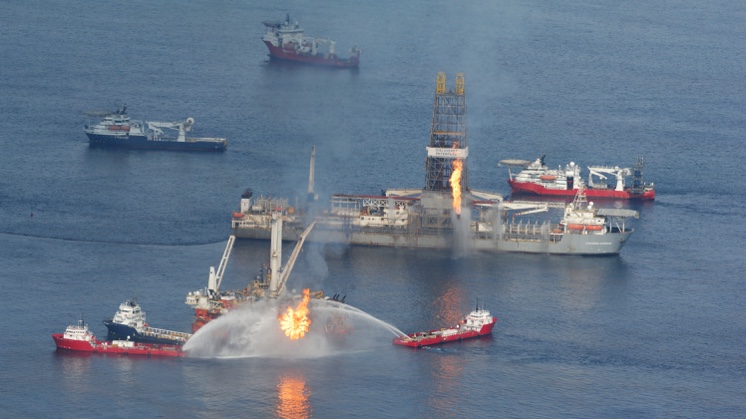
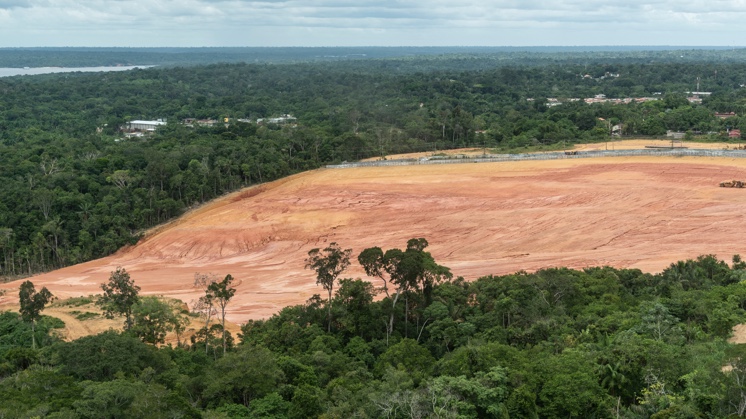
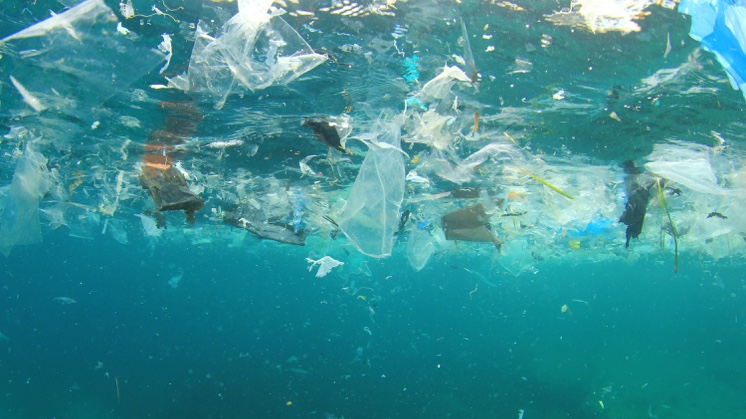
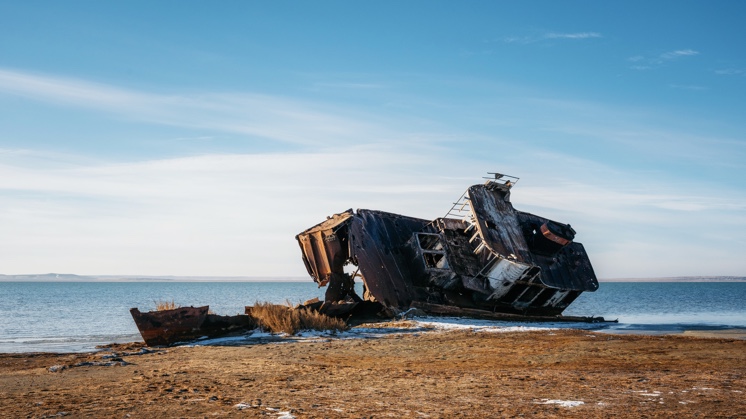
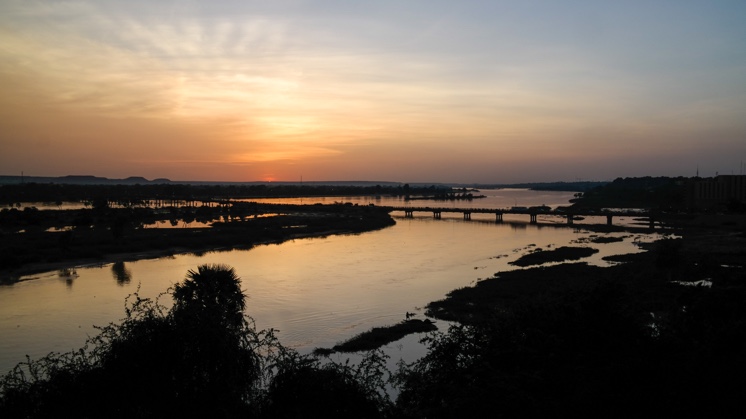
- Plastic island in the Pacific. Also known as the seventh continent because of its enormous size — it is three times the size of France — it is the world's largest oceanic landfill with 1.8 trillion pieces of floating plastic.
- The disappearance of the Aral Sea. Located in Central Asia, it is one of the greatest known environmental catastrophes. Decades of diverting the water from the two rivers that supplied it, the Sir Daria and the Amu Daria, left the world's fourth largest inland sea almost dry.
- Overexploitation in the Niger Delta. After 50 years of uncontrolled oil extraction in the Niger Delta, the water has been poisoned by spills and crops are not growing. As a result, local people are left with virtually no resources in an already impoverished area.
According to experts, the consequences of environmental disasters are enormous, both for nature itself and for people. For the environment, they cause biodiversity loss, soil impoverishment, depletion of natural resources and the destruction of ecosystems and they contribute to climate change. As far as people are concerned, they can lead to population displacement, food insecurity and health problems. Environmental damage is the most worrying long-term risk, according to the 2021 World Economic Forum's Global Risks Report [PDF] External link, opens in new window.: "Environmental degradation will combine with social fragmentation and lead to dramatic consequences".




